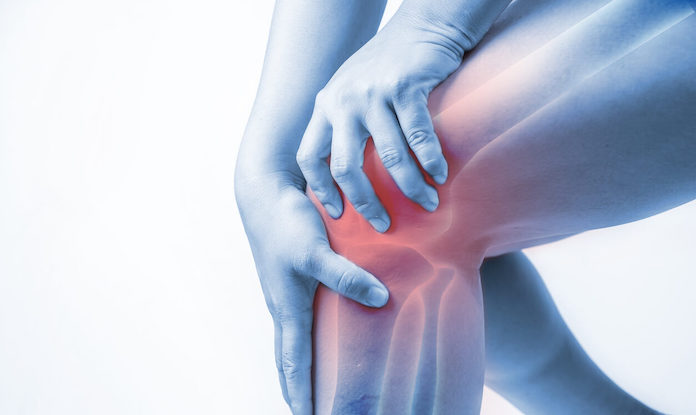Exercise is commonly recommended for managing knee osteoarthritis (OA) pain, supported by over 100 randomized controlled trials (RCTs) showing its superiority over no-treatment control groups for self-reported pain relief. However, isolating the specific therapeutic elements of exercise in RCTs is challenging due to the complexity of interventions, self-reported outcomes, and blinding difficulties. Recent studies with active attention and open-label placebo comparators have raised questions about exercise’s efficacy for knee OA pain, underscoring the need for a critical review of the evidence.
Applying the Bradford Hill considerations for causation, this review found that while some evidence supports the benefits of exercise on knee OA pain, the association is generally weak, with significant variability across studies and a lack of specificity regarding exercise types. The evidence for a dose-response relationship is limited, and the mechanisms of action remain unclear. The study concluded that, while exercise is beneficial for overall health, current evidence is insufficient to definitively claim it improves knee OA pain.
Reference: Henriksen M, Runhaar J, Turkiewicz A, et al. Exercise for knee osteoarthritis pain: Association or causation? Osteoarthritis Cartilage. 2024 Jun;32(6):643-648. doi: 10.1016/j.joca.2024.03.001. Epub 2024 Mar 13. PMID: 38490293.







